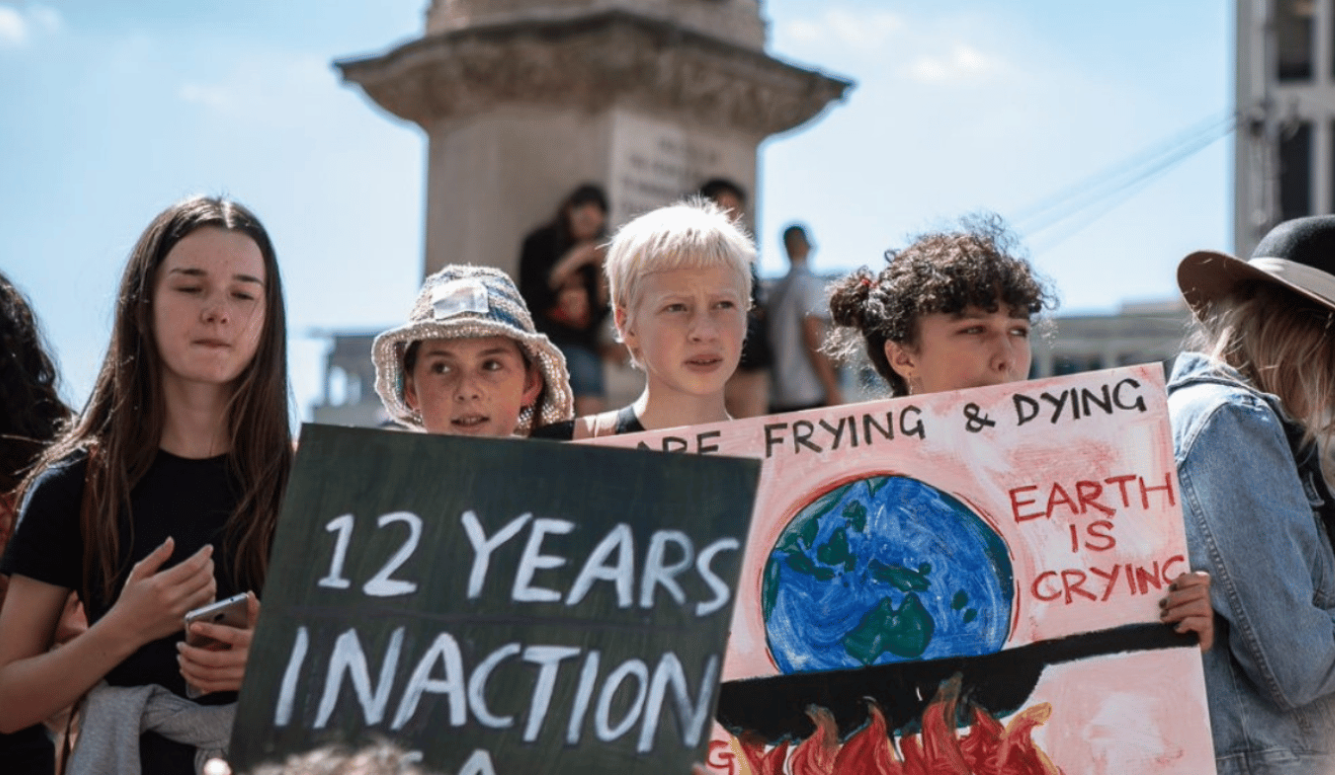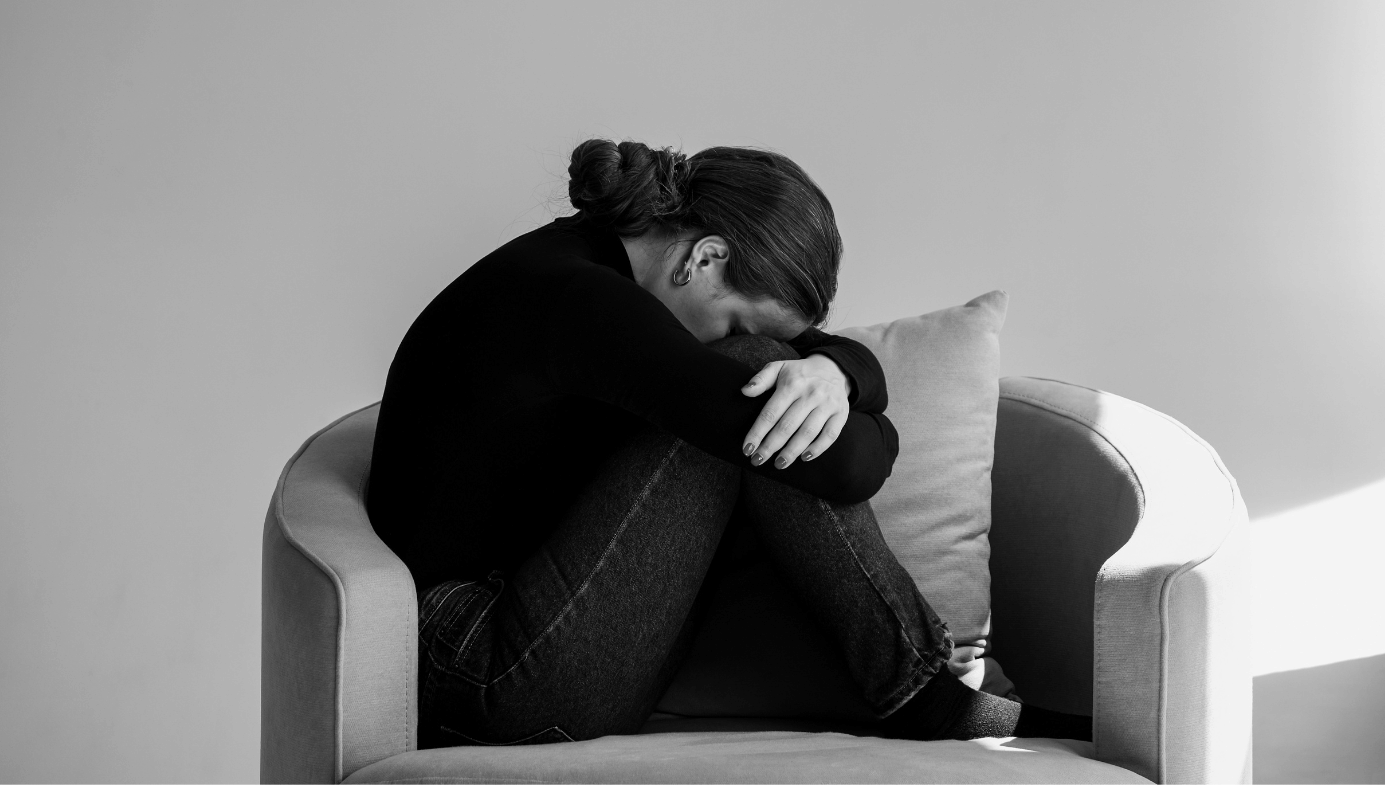Environmentalism
Are Climate Doomers for Real?
Activists of all stripes will continue to preach that the end of the world is nigh, but that doesn’t mean that we should take them seriously.

A few weeks ago, I received a long email from a psychiatrist colleague about a patient of his who’s absolutely convinced that our society is on the verge of total collapse and that humanity is heading for mass extinction as a result of global warming. In my colleague’s opinion, his patient is very intelligent and well read on the topic and doesn’t display the incorrigibility, resistance to evidence, and fallacious reasoning that are typical of clinical delusions. Worryingly, his belief has been taking a serious emotional toll on him. (Well, how would you feel if you believed that the world was about to end?) After a series of long discussions and having read some of the doomer literature the patient recommended, my colleague no longer knew how to assuage his climate worries and began to harbor some doubts himself. So, who’s really in denial about reality: the patient or his doctor? And what about the rest of us?
If you were to ask the tens of thousands of activists who have been protesting on the streets, throwing tomato soup on paintings, disrupting classical concerts, gluing themselves to highways, blocking roads, and staging die-ins, their answer would be crystal clear: the patient is right; the rest of us are deluded. According to Roger Hallam, the founder of Extinction Rebellion, climate change will lead to the “slaughter, death, and starvation of six billion people this century,” and humanity faces total annihilation unless we get to net zero emissions “in a matter of months or a few years.” (That last statement dates from two and a half years ago.) Any further exploration for oil and gas, says the official website of Just Stop Oil, amounts to “genocide” and will lead to the “starvation and the slaughter of billions” and “condemn humanity to oblivion.” Such views are not confined to the fringes but have also been voiced by mainstream institutions and leaders. António Guterres, the Secretary-General of the UN, claimed in 2022 that humanity is committing “collective suicide” over the climate crisis, a remark that echoes Pope Francis’s pronouncement that our species is “at the limits of suicide.” All this apocalyptic rhetoric has started trickling down to the public at large. Four in 10 Americans now agree that global warming will probably lead to human extinction, and a quarter of childless adults cite climate change as part of their motivation for not having children.

It's depressing to think that so many young people today believe that they or their children don’t have a future and that billions will die. But whenever I hear such apocalyptic rhetoric, I can’t help but wonder: are all of these people for real? How many of them sincerely believe in the coming climate apocalypse? It seems undeniable that at least some of them do. As far as we can tell, climate depression is a real phenomenon and is on the rise. A 2017 report published by the American Psychological Association and ecoAmerica defines “ecoanxiety” as “a chronic fear of environmental doom.” Millions of young people today question whether it is ethically responsible to bring children into a world that is destined to become uninhabitable. If you are so certain the planet is doomed that you decide to get yourself sterilized, this seems to signal a pretty sincere conviction. As one young man told the Guardian after his vasectomy, “I don’t want to bring a life into this world, because it’s pretty shitty as it is and it’s only going to get worse.” But how can we be sure that this is not a high-minded rationalization for people who never had any interest in children in the first place? Besides, as Ezra Klein has pointed out, plenty of climate scientists have children of their own, which suggests that they don’t believe their offspring are destined for misery. Likewise, we don’t know how often conditions like climate depression or eco-anxiety arise from underlying mental issues that have attached themselves to the climate issue.






